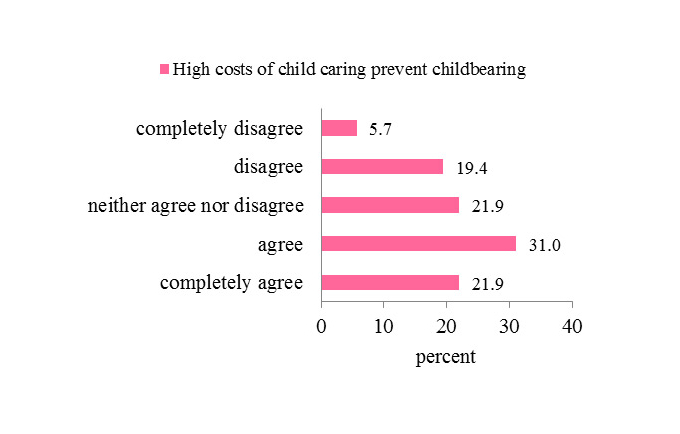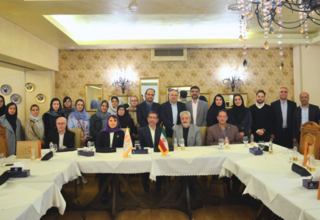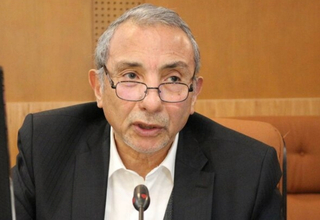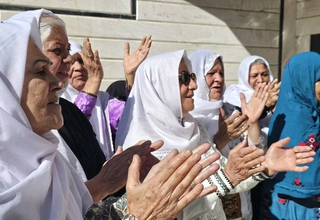In 2014, in line with the new population decrees addressed by the Supreme Leader of the Islamic republic of Iran, the Statistical Research and Training Center of the Statistical Center of Iran in cooperation with the Ministry of Health and Medical Education and UNFPA Iran conducted a survey on childbearing behavior among youth on the verge of marriage.
Over the course of the past three decades many countries in the world, including Iran, have experienced demographic changes on different levels, the most significant of which being a decrease in fertility rate, and recently have been trying to identify the determinants of such population trend.
The survey aims at identification of the views on the desired number of children and studying the influence of social, economic and cultural beliefs on this matter. To precisely review such, and in order to provide the policy-makers with sound evidence, more than 12,000 young men and women on the verge of marriage as well as married women (15-49) were probed.
The results showed that although there are great tendencies toward childbearing among youth from social and cultural point of view, they have deep concerns about the economic barriers; 52.9% of whom expressed worries about the expenses of raising a child as the main reason of their unwillingness to have children.
The executive summary of the report in Farsi is available via the following link: http://www.srtc.ac.ir




